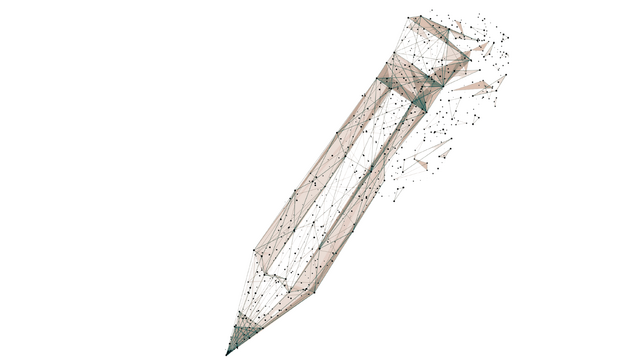Oregon Court of Appeals Provides Needed Guidance for Processing Land Use Compatibility Statement's by Local Governments

Any person familiar with the Oregon Liquor and Cannabis Commission’s (OLCC) application process is likely aware that, an initial step in all recreational marijuana applications is obtaining a Land Use Compatibility Statement (LUCS). A LUCS is a document issued by the city or county where the proposed licensed premise is or will be located. One is needed to apply for a new license, change ownership on a license, or alter the location of an existing license, and the process to obtain one from the relevant jurisdiction can be time-consuming and fraught.
Scaling Back City or County Authority
However, in December of 2021, the Oregon Court of Appeals provided needed guidance as to how cities and counties must process a LUCS, and held that a city or county responsible for a LUCS does not have the authority to deem a proposed cannabis-related land use “prohibited” based on their own determination of whether a conditional use permit will be granted or denied.
By virtue of statute, the city or county completing the LUCS must determine whether the requested license is for a proposed land use that is: (1) allowable as an outright permitted use within the given zoning designation where the land is located, (2) allowable as a conditional use within the given zoning designation where the land is located, or (3) is not allowable as either and is thus prohibited (ORS 475C.063(1)). If the local jurisdiction checks the “is prohibited” box, the OLCC cannot legally act on the license application, effectively stopping the lengthy application process dead in its tracks.
In Scott, Inc., the Court held that there is no dispute that the city or county shall complete the LUCS by checking the “not prohibited” box for proposed land use that is outright permitted within the zoning designation where the land is located, within 21 days of receipt of the request, and the “is prohibited” box for proposed land use that is not allowed for any permitted or conditional use (categories 1 and 3 above). The Court specifically held that it is inappropriate for a city or county to consider other ordinances outside of its zoning code in responding to a LUCS, and that circumstances unique to the particular property are also not appropriate considerations.
What Did Scott, Inc. Shed Light On?
The precise issues presented before the Court of Appeals in Scott, Inc. considered the options a city or county has when an applicant’s proposed land use is allowable as a conditional use.
If the proposed land use is allowable as a conditional use within the zoning designation where the land is located, then, the use is not prohibited, and thus the city or county has one of two options: (1) complete the LUCS accurately, by checking the box that the use is “not prohibited” and then stating in the Comments section that a conditional use permit is required, or (2) wait until the applicant obtains a conditional use permit and then, within 21 days of that final approval, complete the LUCS (ORS 475C.063(2)).
What a city or county cannot do is evaluate the likelihood of an applicant obtaining a conditional use permit, decide that issue on their own within the Comments section of the LUCS, and then use that decision to justify checking the “is prohibited” box in the LUCS. The Court explained further that a decision whether to grant or deny a conditional use permit is a land use decision that must be made by the appropriate city officials in the legally provided manner, which is then subject to review by the Land Use Board of Appeals and the appellate courts. This cannot be done through the Comments section on a LUCS.
This decision should provide welcome clarification to both the recreational cannabis industry, prospective applicants, and local jurisdictions, many of which have been processing these Land Use Compatibility Statements applications incorrectly.
If you feel your LUCS application has been handled improperly by your local jurisdiction, please contact us at (503) 488-5424 to schedule a time to speak with one of our regulatory attorneys.

